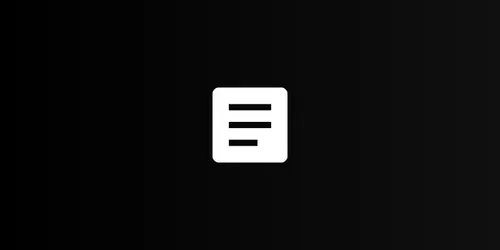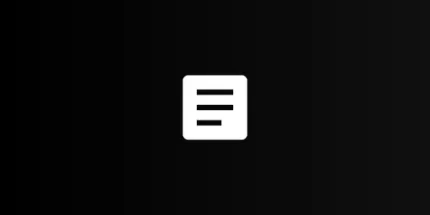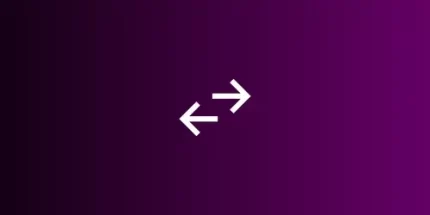Sample Prompt
From the perspective of a journalism scholar, what are the implications of social media on journalistic integrity and fact-checking in {Insert Country Here}?
Sample Response
From the perspective of a journalism scholar, the implications of social media on journalistic integrity and fact-checking in the United Kingdom are multifaceted. Social media has provided journalists with unprecedented tools for research and audience engagement. However, it has also introduced ethical dilemmas, as journalists balance speed with accuracy and navigate the pressures of maintaining their online presence.In the U.K., social media has been both a blessing and a curse for journalistic integrity. Platforms like Twitter have become valuable for sourcing news stories, especially during unfolding events. However, the speed at which information spreads has led to instances where misinformation was unintentionally propagated by reputable journalists or news organizations. This has highlighted the need for stringent fact-checking processes, even under time constraints.The challenge of maintaining journalistic integrity is compounded by the public's expectations of immediate information and commentary. Journalists are often under pressure to provide hot takes or early reports, which can sometimes lead to errors or unbalanced reporting. News outlets in the U.K. have responded by implementing more robust internal checks and encouraging journalists to be mindful of the risks associated with rapid social media reporting.Additionally, the commercial aspects of social media can impact journalistic integrity. The emphasis on engagement metrics, such as likes and shares, can create incentives for sensationalism or clickbait, which can undermine the quality of reporting. News organizations in the U.K. are actively exploring ways to balance audience engagement with journalistic ethics, including focusing on quality content that resonates with audiences over the long term.













